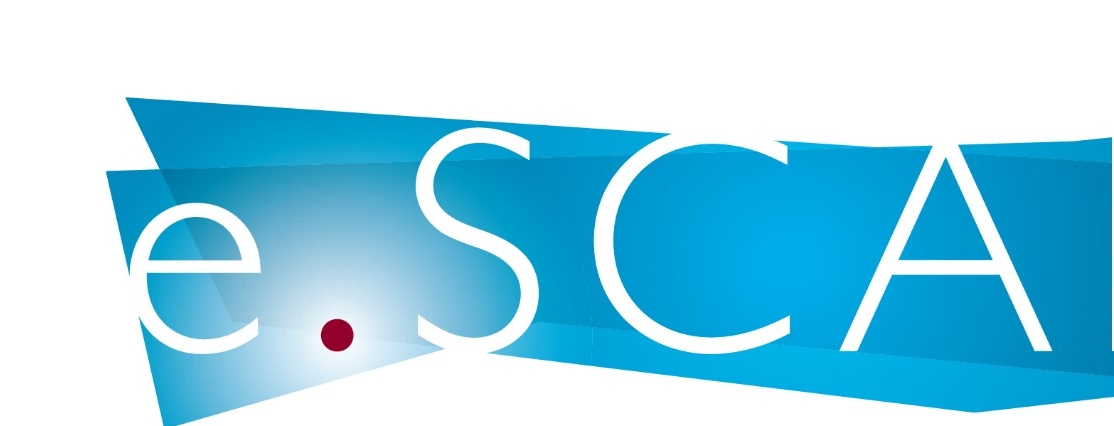Liz Warwick
Teaching Assistant, Learning Theories 613
Thursday, March 6, 2014
10 - 11:30 a.m.
MB 12.101
About this session
Since September 2013, Dr. Philip Abrami (Education) has used web-conferencing software to conduct live, on-line sessions of his graduate seminar Learning Theories 613. In this master class, Liz Warwick, teaching assistant, will talk about conducting a discussion-based online class using streaming video, chat, and small-group meeting rooms. She’ll present recent research into the effects of blended learning on achievement and discuss the challenges and opportunities in the live, virtual classroom.


 Liz Warwick
Liz Warwick
 Tony Bates
Tony Bates
 Patrick Devey
Patrick Devey
 Saul Carliner
Saul Carliner
 Deborah-Dysart Gale & Casey Burkholder
Deborah-Dysart Gale & Casey Burkholder
 Ann-Louise Davidson & Nadia Naffi
Ann-Louise Davidson & Nadia Naffi
